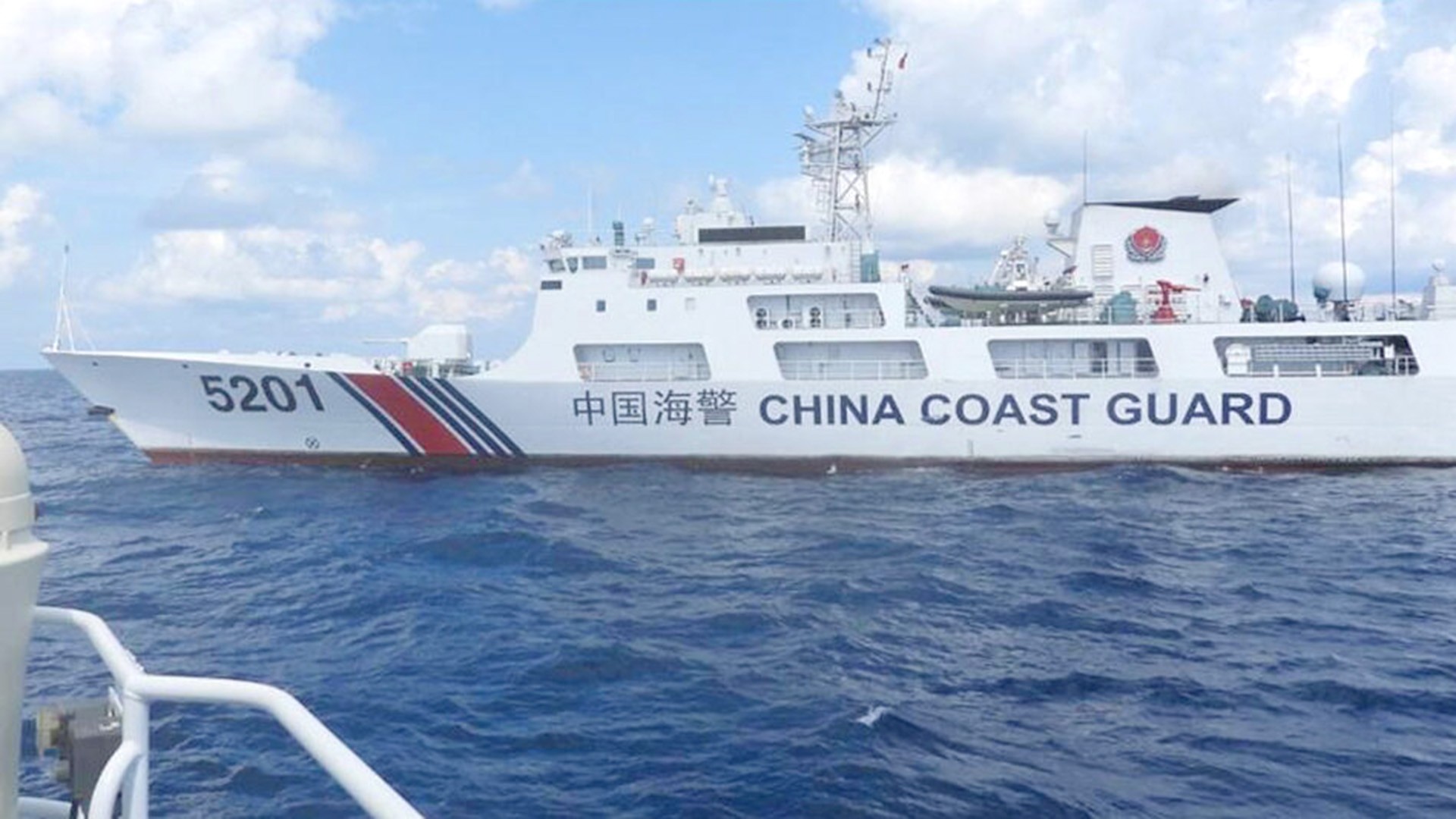Democracies joined hands with Manila to stop Beijing in the South China Sea
India has delivered the first batch of medium-range, supersonic BrahMos cruise missiles – that can be launched from land, sea and air – to the Philippines. Brahmos is one of the most lethal weapons in its category. They will be deployed in the South China Sea to resist Beijing’s unrelenting and unilateral aggression in violation of the 2016 award of the UN Convention on the Law of the Sea Tribunal.
China and the Philippines have a long history of trade and commerce. However, the prospects of economic cooperation and common prosperity were marred by the Chinese Communist Party’s (CCP) expansionist strategy. In the past, Beijing exported “revolution” (read terror) to the South East Asian nation to destabilise its progress. The conflict between the two nations peaked over the last few decades due to China’s infamous ‘salami slicing’ strategy.
China is in practice of claiming neighbours’ territories as their own. They nibble away a small portion at one go and, while the neighbour takes the lengthy official route to settle the dispute, Beijing slices away another portion. From India to Japan, every country in the neighbourhood suffered the brunt of China’s illegal activities.
However, the Chinese aggression has been most evident in the South China Sea which is not only strategic in nature but also has huge mineral resources. According to one estimate, the region has 11 billion barrels of oil in proven and probable reserves. And, every country in the vicinity from Vietnam to Indonesia in the Indian Ocean has a history of conflicts with China for territorial violations.
While smaller nations like Vietnam have little wherewithal to stop China on its track, the Philippines decided to make an exception. Manila is not alone in this fight for survival. The entire democratic world is rallying behind Manila in this uneven contest. India was quick to offer BrahMos. The $375 million deal was signed in 2022. The very next year, Delhi supported Manila’s stand for territorial integrity against Chinese violations.
“Both countries have a shared interest in a free, open and inclusive Indo-Pacific region. They underlined the need for peaceful settlement of disputes and for adherence to international law, especially the UNCLOS and the 2016 Arbitral Award on the South China Sea in this regard,” said the joint statement issued on in June 29, 2023.
Notably, China tried to bypass the international ruling by throwing cash at Indonesia’s former President Rodrigo Roa Duterte, who sacrificed national interests to enter an agreement with Beijing for Belt and Road. The new President Ferdinand “Bongbong” Romualdez Marcos Jr announced an exit from those projects and vowed to protect national interests. Duterte may face treason charges for under-the-table deals with Beijing.
Manila’s long-term ally USA recently sent its deadly ground-based missile system ‘Typhon’ for a military drill with the Philippines. This was the first time Typhon was deployed anywhere outside the US. American President Joe Biden recently met Japanese Prime Minister Kishida Fumio and Ferdinand “Bongbong” Marcos for the first-ever U.S.-Japan-Philippines trilateral summit.
The Joint Vision Statement issued on April 11 reads: “We express our serious concerns about the People’s Republic of China’s (PRC) dangerous and aggressive behaviour in the South China Sea. We are also concerned by the militarization of reclaimed features and unlawful maritime claims in the South China Sea. We steadfastly oppose the dangerous and coercive use of Coast Guard and maritime militia vessels in the South China Sea, as well as efforts to disrupt other countries’ offshore resource exploitation.”
Meanwhile, the Philippines’ is deepening strategic alignment with Australia as part of its attempt to stop Chinese coercion. Australia, India, Japan and the US form the four-member Quadrilateral Security Dialogue or Quad that is focused on keeping the Indo-Pacific free from unilateralism. South East Asia is a focus area of Quad. The first meeting of the grouping took place in 2007, on the sidelines of the ASEAN Regional Forum summit in the Philippines in May 2007.
Meanwhile, the expansionist attitude has started impacting China’s economic ambitions in a big way. In 2015, $11 billion worth of foreign direct investment was directed from Taiwan to China. In 2023, the FDI is down to $3 billion. Global investors are shunning China for India. China’s benchmark stock index CSI300 is down by 38% from 5807 in 2021 to 3567 in in April 2024. During the same period, India’s Nifty50 by 61% grew from 13749 to 22147.
“A momentous shift is underway in global markets as investors pull billions of dollars from China’s sputtering economy, two decades after betting on the country as the world’s biggest growth story. Much of that cash is now heading for India, a market endorsed by Goldman Sachs and Morgan Stanley,” wrote Hong Kong-based South China Morning Post on February 6, 2024. Hong Kong itself is suffering the brunt of being a part of China as US companies are pulling out from the once thriving city, at a fast pace.













